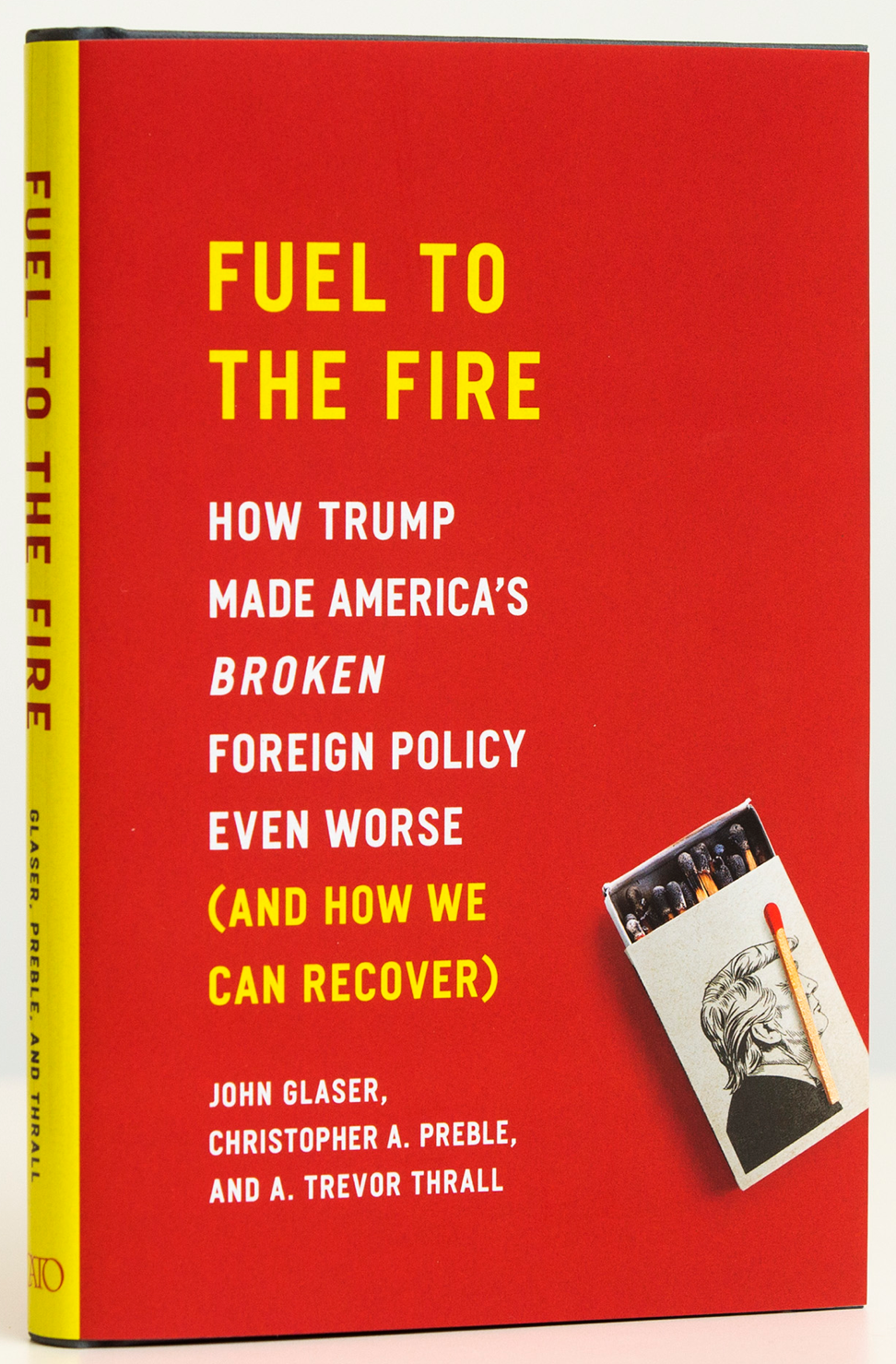In response to the White House's announcement last night regarding the re-deployment of U.S. troops in Syria, and President Trump's tweets early this morning, I issued the following statement:
President Trump’s decision amounts to a green light for Turkey to conduct military operations in northern Syria against a group, the Syrian Defense Forces, that the United States has previously supported. It is a stark reminder of the conflicting -- and, at times, contradictory -- nature of America’s commitments to foreign actors, both state and non-state.
Turkey is a formal NATO ally, a matter that should have elicited scrutiny long ago, but especially since the ascendancy of President Recep Tayyip Erdogan who has systematically subverted human rights and the rule of law in Turkey. Meanwhile, however, the Syrian forces (mostly Kurds) are not formal treaty allies. They are non-state actors operating within a recognized sovereign state, Syria. As it currently stands, therefore, under the NATO treaty, especially the critical Article 5, it was reasonable for policymakers in Ankara to expect the United States to privilege their security concerns over others. President Trump has effectively signaled as much to President Erdogan, while simultaneously attempting to wash his hands of the entire Syria mess.
The Syrian civil war is an epic humanitarian catastrophe, one that U.S. policy since at least 2011 has inadvertently exacerbated. President Trump’s decision will mostly compound these errors, and add to massive suffering, both within Syria and well beyond.
The entire unhappy episode should cause us all to reconsider America’s commitments abroad, and to be more careful about how U.S. policymakers define allies, and what promises they make, or might appear to be making, on behalf of the American people. It is also a stark reminder that America’s heavy involvement in the Middle East has caused much suffering there, without advancing Americans’ safety or liberty.
I likely will have more to say about this over the next few days. In the meantime, I would call your attention to a passage in our forthcoming book, Fuel to the Fire: How Trump Made America's Broken Foreign Policy Even Worse (and How We Can Recover):
restraining the impulse to use force—may require Washington to accept that the United States can’t always get the results it wants. Nor will the dividends always come quickly. Diplomacy is a slow business in the best of times, and, as we have seen in cases like Syria, diplomacy cannot always prevent or resolve conflicts. But, as the Syrian case also shows, military intervention was not a reasonable option for the United States. The Syrian civil war did not represent a direct threat to the United States, certainly not one that justified risking American lives, and the underlying problems in Syria were simply not susceptible to resolution through U.S. military action. Indeed, limited meddling on behalf of all sides in Syria exacerbated and prolonged the fighting. The only responsible answer is to encourage negotiations among the various factions in the hope of eventually producing a durable peace.


